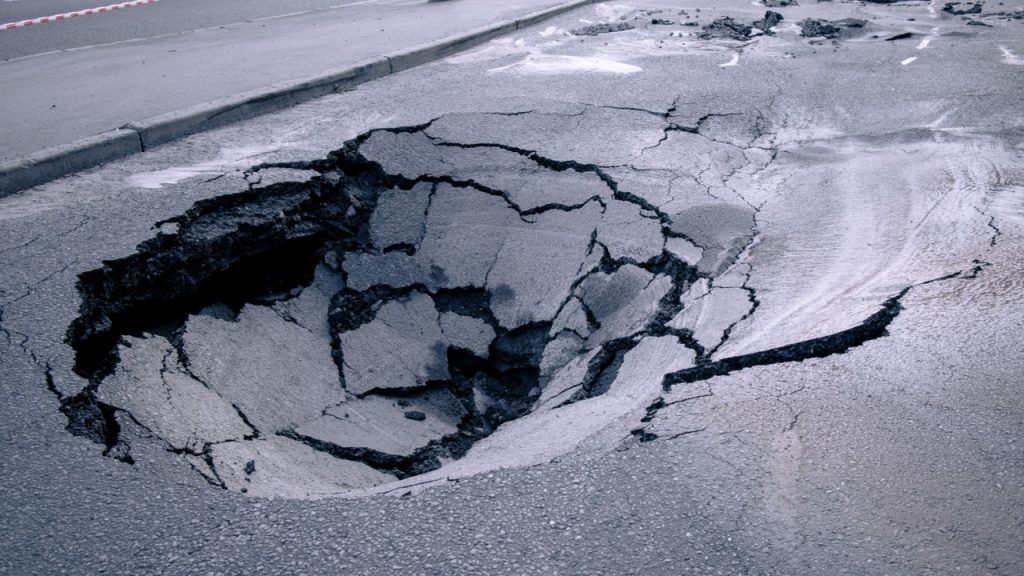The thought of an economic collapse is scary, but it’s important to understand what could happen. While a total crash is unlikely, knowing the potential outcomes can help us prepare and make smarter choices. Let’s explore 15 possible effects of a sudden economic downturn.
Job Losses Skyrocket

If the economy crashed, millions of people could lose their jobs overnight. Companies might shut down or cut staff to save money. Small businesses would be hit hard, and even big corporations might struggle. This sudden unemployment surge would leave many families without income, making it tough to pay for basics like food and housing.
Stock Market Plummets
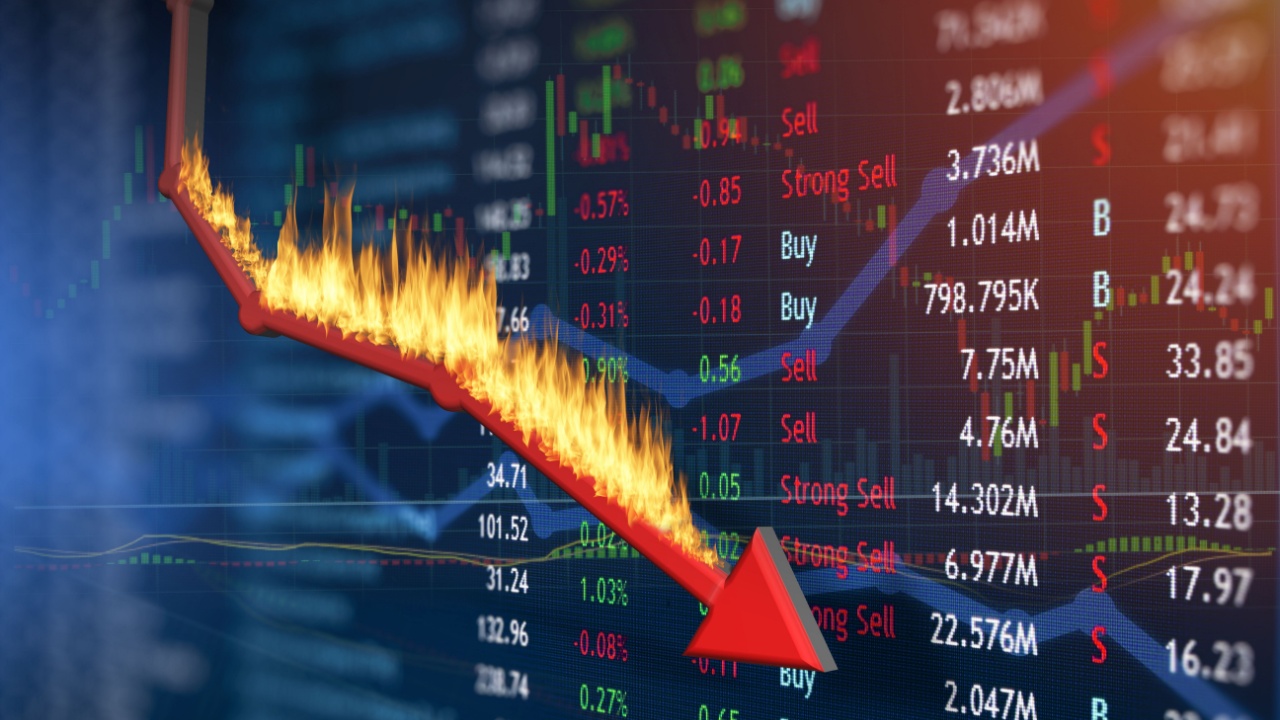
A collapsing economy would cause stock prices to fall fast. People’s savings and retirement funds tied to the stock market could lose a lot of value quickly. This would hurt both individual investors and big pension funds. The drop in wealth could make people spend less, further hurting the economy.
Housing Market Crisis
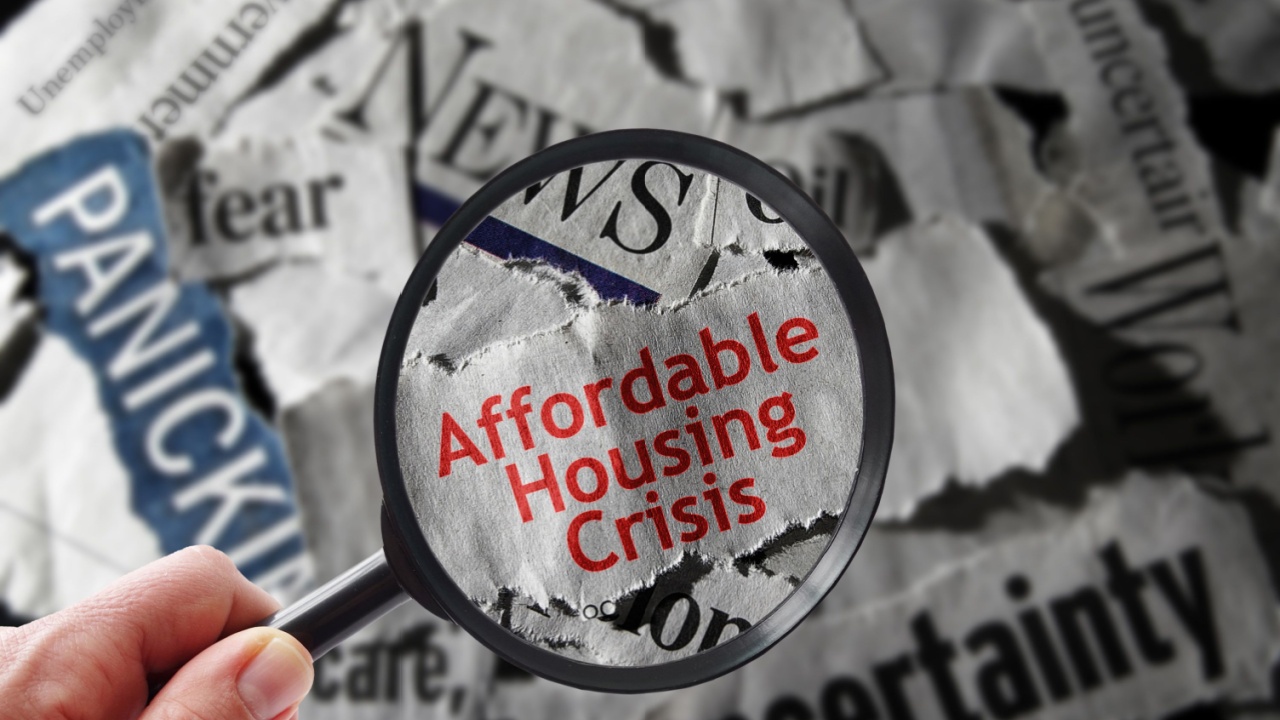
Home values might drop sharply in an economic collapse. Many homeowners could end up owing more on their mortgages than their houses are worth. This might lead to a wave of foreclosures, leaving families without homes and banks with lots of empty properties.
Banks Face Massive Troubles
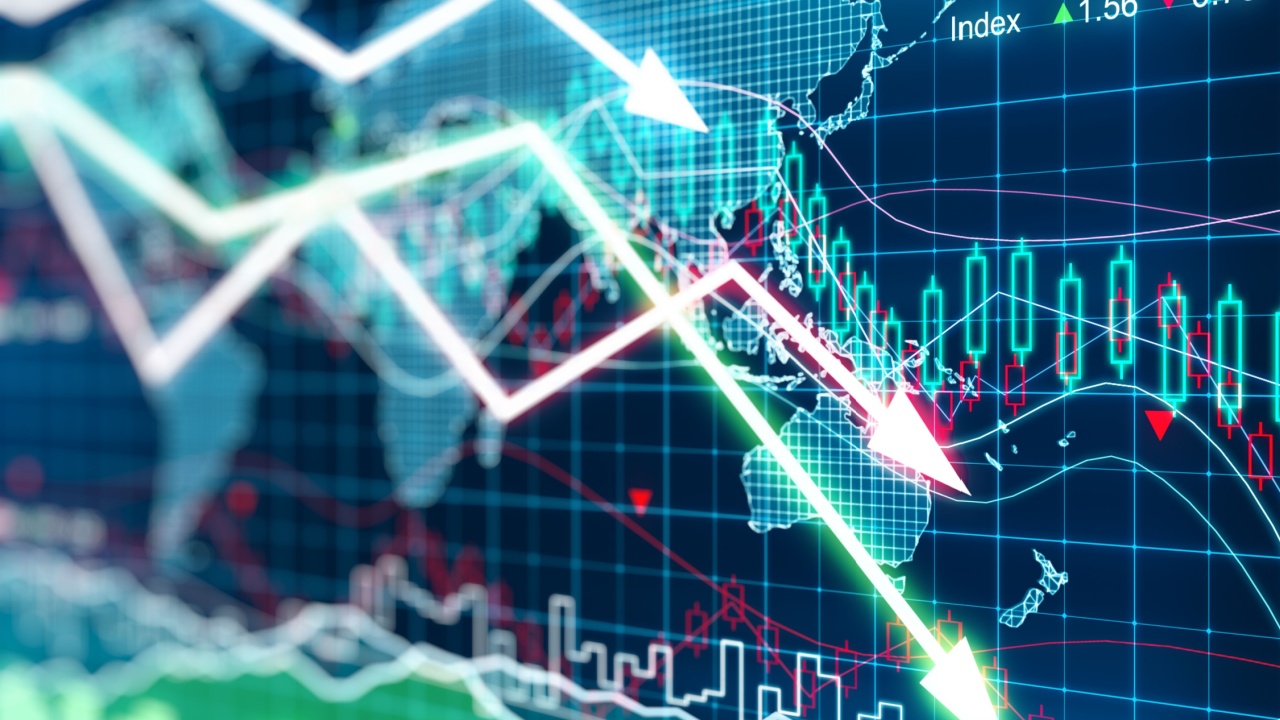
Banks could face huge problems if the economy crashed. People might rush to withdraw their money, causing bank runs. Some banks might fail, and even with government insurance, getting your money back could take time. The banking crisis could make it hard for people and businesses to get loans.
Government Services Shrink
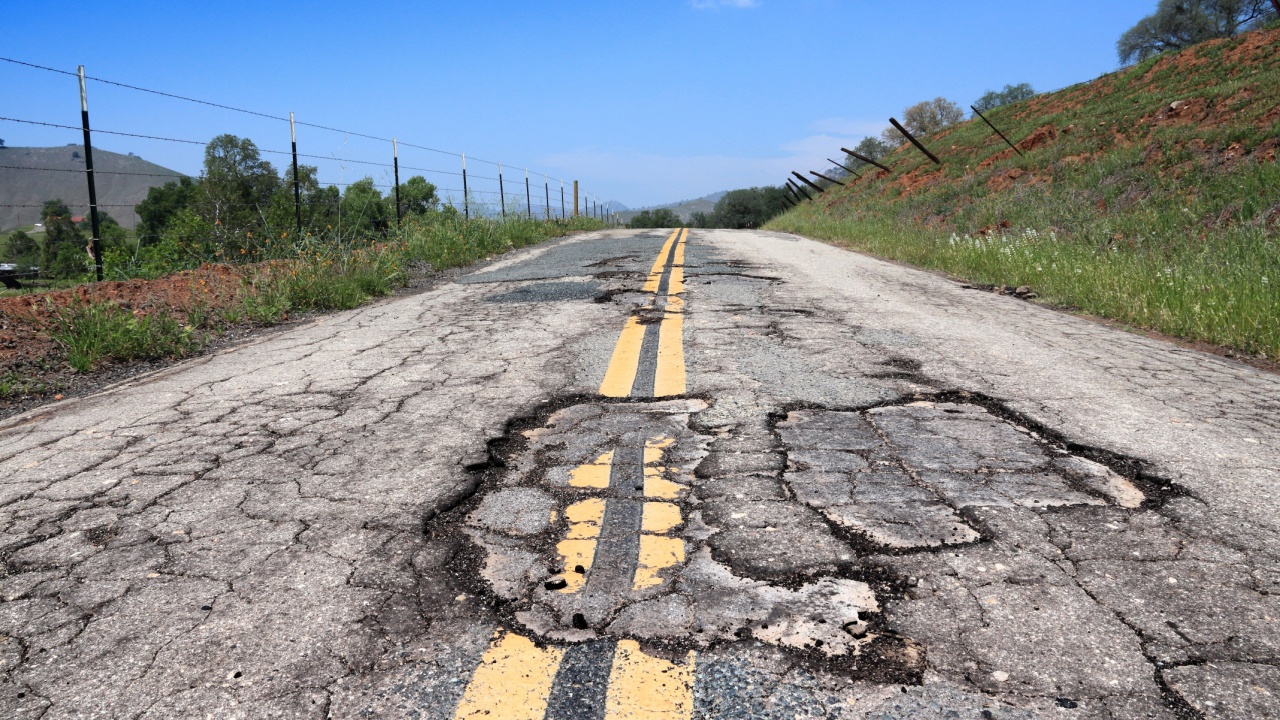
An economic collapse would mean less tax money for the government. This could force cuts to important services like schools, healthcare, and public safety. Roads might not get fixed, and programs that help people in need might disappear. The safety net many rely on could develop big holes.
Prices For Basics Might Soar
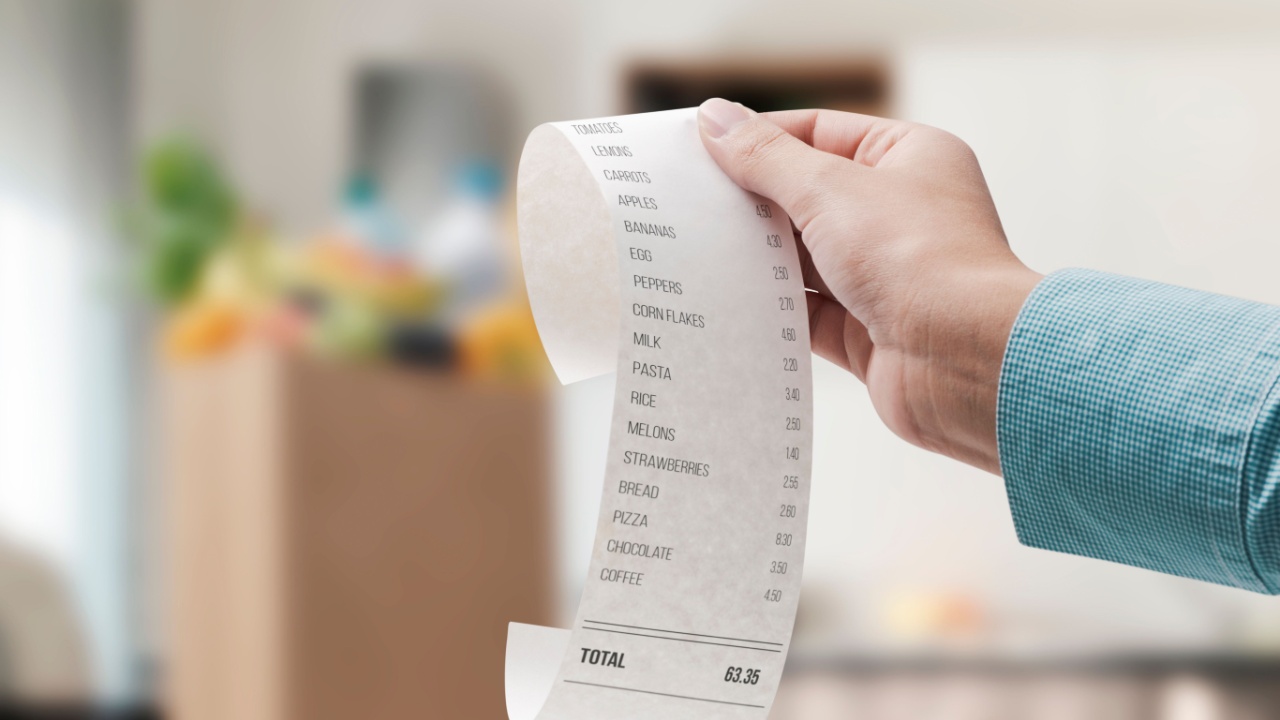
In a severe economic crisis, the prices of everyday items could rise fast. Food, gas, and other necessities might become much more expensive. This inflation would make life harder for everyone, especially those who lost their jobs or savings in the crash.
International Trade Slows Down

An economic collapse would hurt global trade. Other countries’ economies could suffer too, not just the UK, leading to a worldwide recession. This might make it harder to get products from other countries, and British goods could become less competitive globally.
Social Unrest Grows
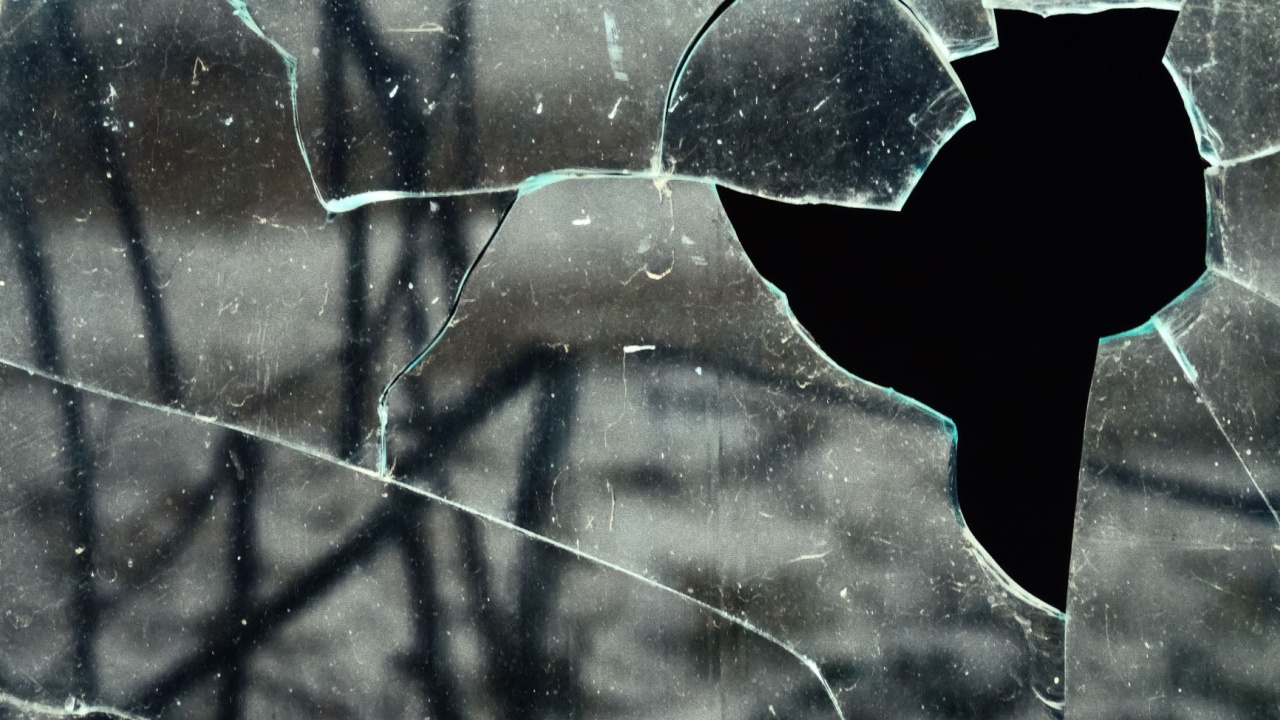
Economic hardship often leads to social problems. Crime rates might go up as people struggle to meet their needs. Protests and riots could break out in response to job losses and government cuts. This unrest could make the economic situation even worse.
Healthcare System Strains

A collapsed economy would put huge stress on the healthcare system. Hospitals might struggle to stay open, and the NHS and private medical systems would be quickly overwhelmed. Getting medical care could become much harder and more expensive, leading to worse health outcomes for many.
Education Takes a Hit

Schools and universities would face big budget cuts in an economic collapse. This could mean larger class sizes, fewer programs, and higher tuition costs. Some schools might close, making it harder for people to get an education and improve their job prospects.
Retirement Plans Crumble

Many people’s retirement savings could be wiped out if the economy crashed. Pension funds might struggle to pay retirees, and personal retirement accounts could lose a lot of value. This could force older people to keep working or rely on family for support.
Small Businesses Disappear

Local shops and small businesses would be hit hard by an economic collapse. Many might close for good, changing the face of communities. This would not only mean job losses but also less choice for consumers and a blow to local economies.
Tech Progress Slows Down
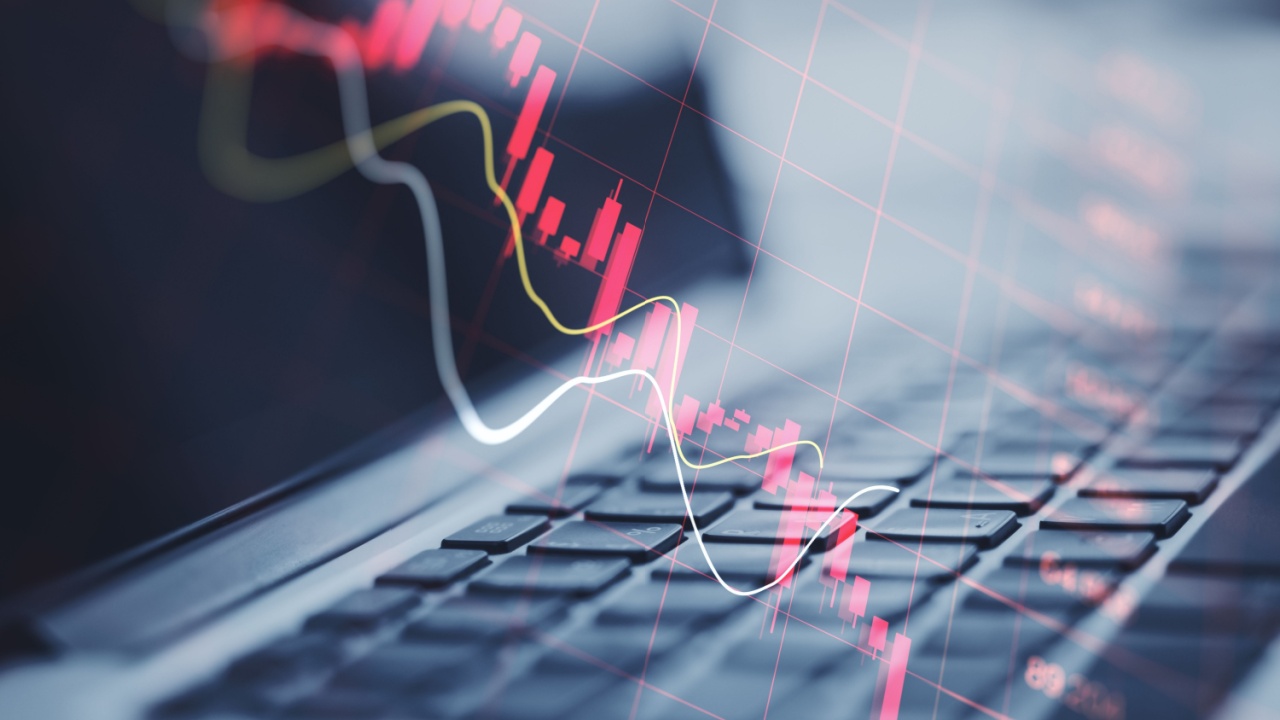
In a severe economic downturn, investment in new technologies might dry up. This could slow down progress in areas like renewable energy, medicine, and computing. The long-term effects on innovation and solving big problems could be significant.
Environmental Concerns Take a Backseat

When the economy is in crisis, environmental protection often gets less attention. Funding for clean energy and conservation might be cut. This could lead to more pollution and make it harder to fight climate change in the long run.
Currency Value Plummets
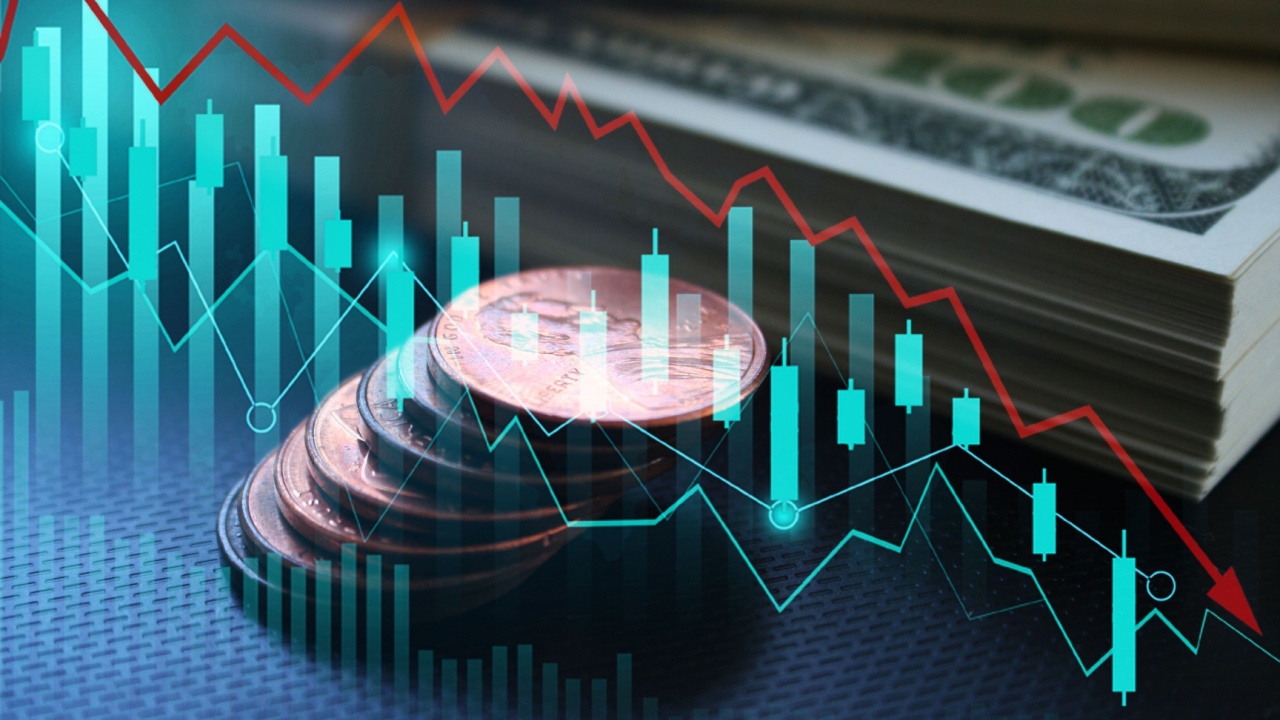
In a worst-case scenario, the pound could lose a lot of its value. This would make imports much more expensive and could lead to high inflation. It might also hurt the pound’s status as a global reserve currency, changing the world’s financial landscape.
Katy Willis is a writer, master herbalist, master gardener, and certified canine nutritionist who has been writing since 2002. She’s finds joy in learning new and interesting things, and finds history, science, and nature endlessly fascinating.
